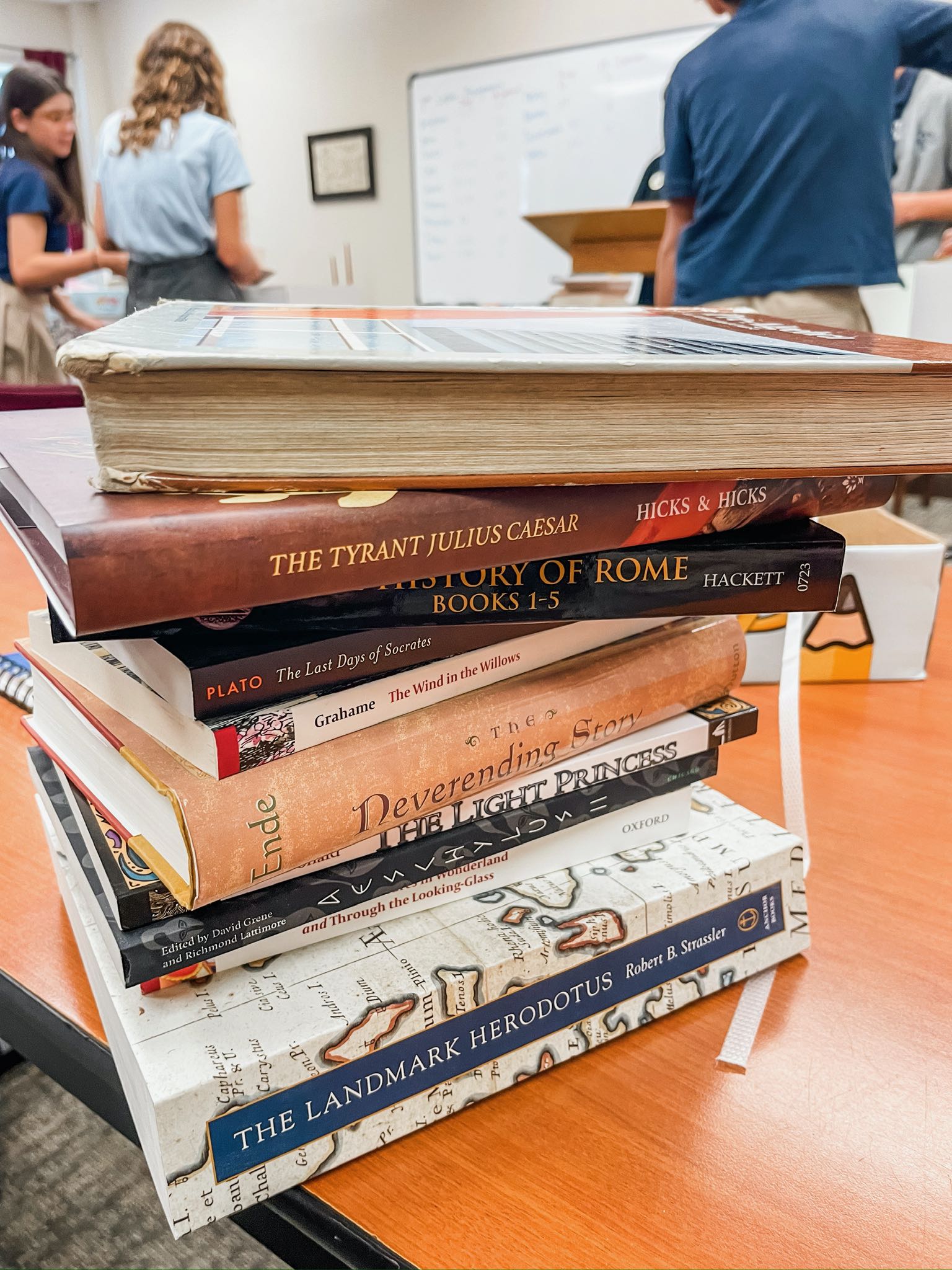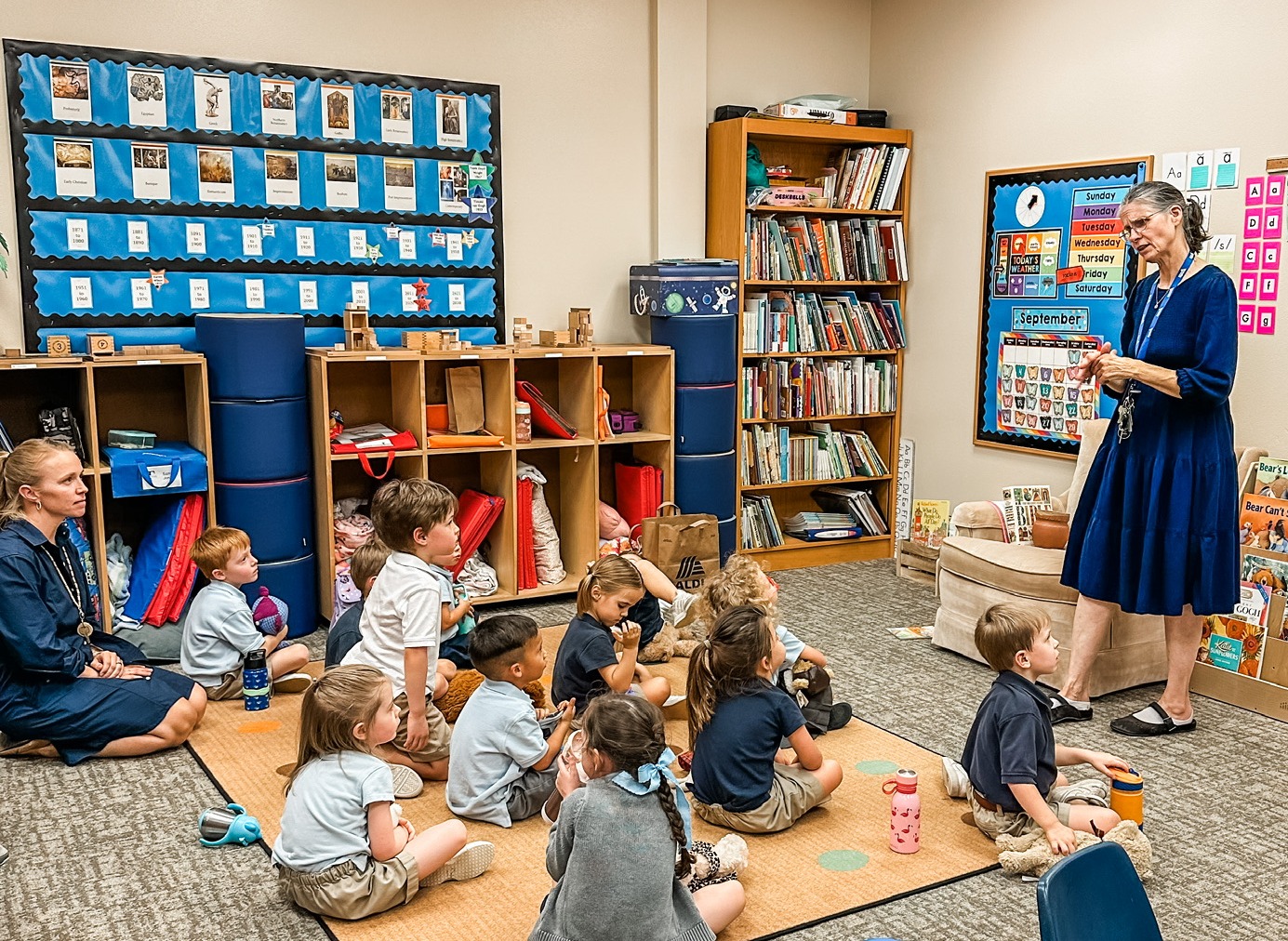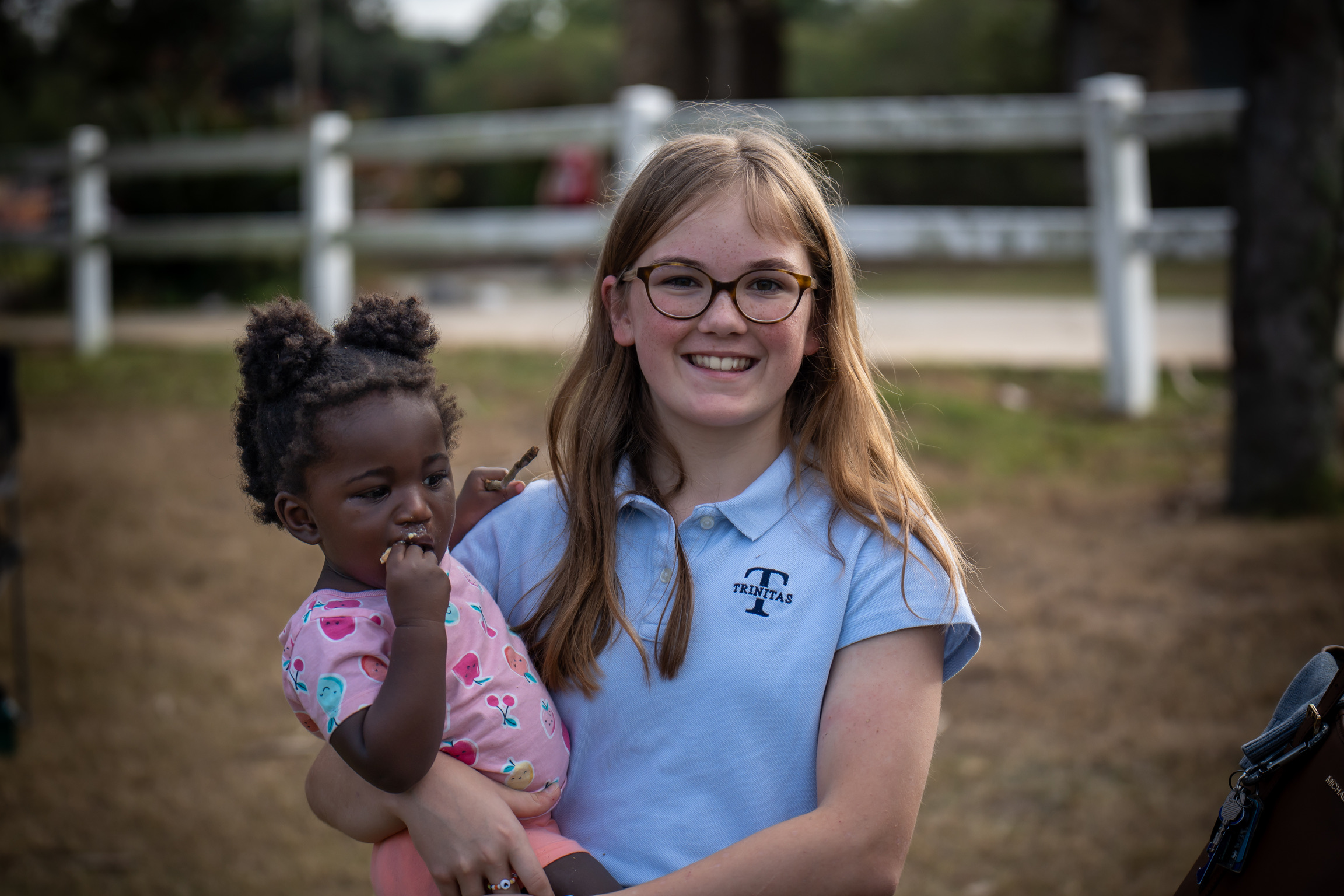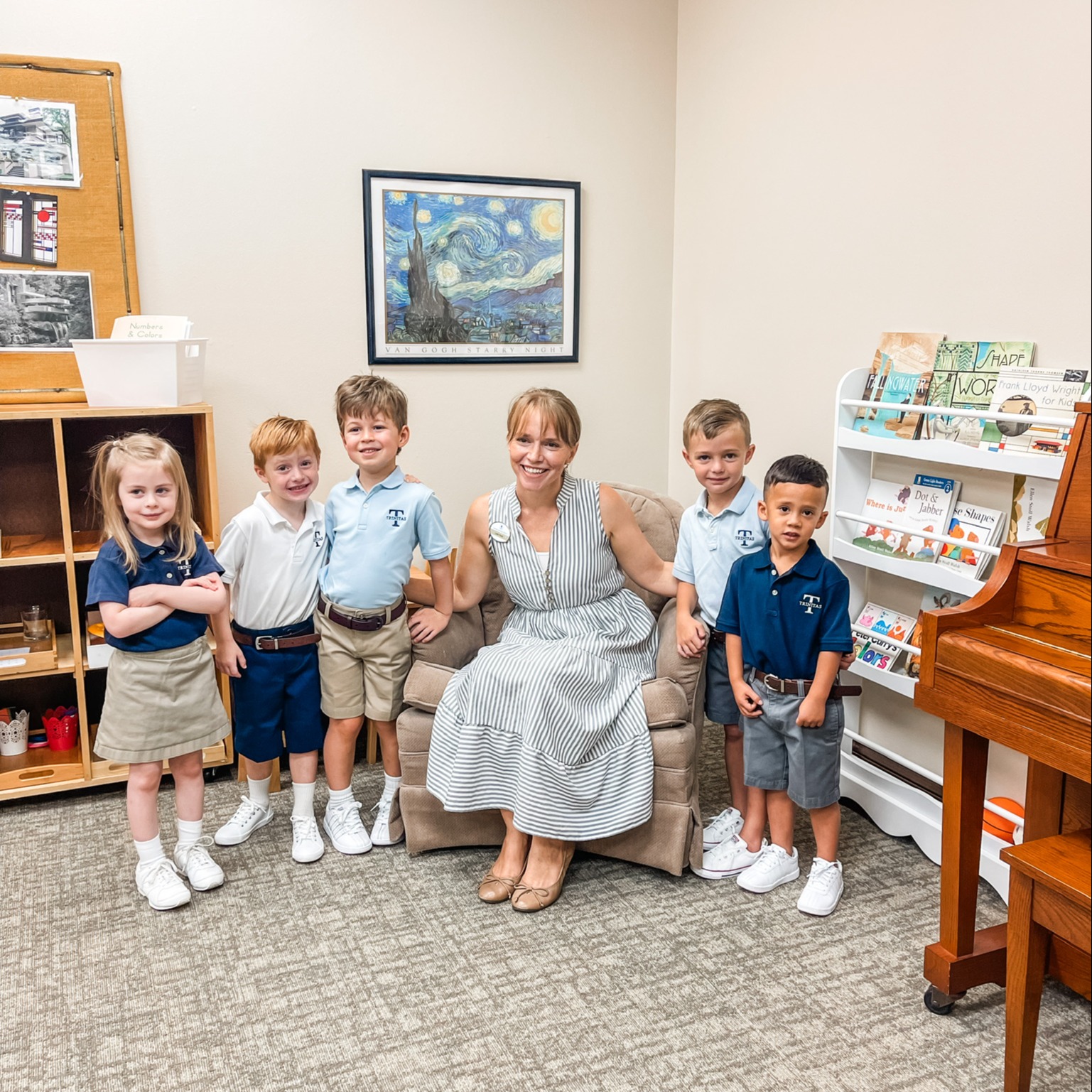To graduate students who can think clearly, discern wisely, and articulate winsomely classical, Christian schools must have high standards. This means that there will be a striving for excellence in all that we do. With this, we need to be very careful to pay attention to the temptations that come along with this kind of atmosphere. One such temptation that our students may face is setting up idols of perfectionism and putting their worth in their achievements.
Excellence vs Perfectionism: Helping Our Students Avoid Idolatry
Topics: Blog Posts, Parenting, Classical Education, Christian Education, True Education, Social Issues, Grades, Virtue
A common defense for teaching Latin in schools hinges on the utility of the language. Arguments in this vein offer explanations such as: “Latin is the root of all other romance languages. Latin helps you think critically. Latin helps you understand inflected languages. Latin helps you understand grammar. Latin will help you understand English since there are so many derivatives.” These arguments are all true. Great as the number of these arguments is, very few apply exclusively to Latin, and those that do turn out to be weak anyway. I would like to suggest that we quit arguing for Latin based on its utility. My new thesis: Latin is useless; get over it.
Topics: Blog Posts, Classical Education, Classical Languages, Truth, Goodness, and Beauty
“It is not the strength of the body that counts, but the strength of the spirit.” J.R.R. Tolkien
If anyone understood the idea of fortitude, it was Tolkien. We all thrill at the moments when Gandolf, Boromir, Éowyn, and Merry face adversaries so fierce and terrible that victory seems impossible. Those mighty battles that keep us turning pages long into the night impress on us the valor of fortitude in a way that only story can accomplish. Although we will very likely never have to face real Orcs, dark wizards, and giant spiders, our own seasons of darkness and trouble that we will encounter are undoubtedly made bearable or unbearable according to the measure of fortitude that we have. It is a virtue cultivated in us by our parents, grandparents, teachers, coaches, and others in our lives. The great stories that we read at Trinitas are just one way that we endeavor to instill virtue in the hearts of our young men and women.
Topics: Blog Posts, School Life, Classical Education, Virtue
Last week, we shared ten practical tips for achieving enduring success and experiencing the wonderful fruit of classical Christian education at Trinitas, This week, we have ten MORE practical tips we've assembled from our teachers which we hope will benefit your family.
Topics: Blog Posts, School Life, Parenting, Classical Education, Scripture, Christian Education, True Education, Parent Involvement, Reading, Homework, Truth, Goodness, and Beauty, Virtue
The best things in life are often also the hardest things in life, and classical Christian education is no exception to this truism. To help Trinitas parents and students achieve enduring success at Trinitas and experience the wonderful fruit of classical Christian education, we've assembled these ten practical tips for success at Trinitas taken directly from our teachers. Simple, practical, but sometimes a bit pointed, we hope these steps are received in the spirit they are offered and are helpful to you.
Topics: Blog Posts, School Life, Parenting, Classical Education, Scripture, Christian Education, Christian Living, Parent Involvement, Homework, Truth, Goodness, and Beauty, Virtue
Classical education is built upon the Trivium - a three-stage process spanning the entirety of K-12 education with the purpose of nurturing and forming biblically-minded and well-educated students utilizing the great books of the Western world as a curriculum. The first stage of the classical progression - the grammar stage - begins in kindergarten and terminates roughly in 6th grade. Students in this stage are especially apt to memory and are encouraged to commit many facts and premises of literature, history, grammar, poetry, arithmetic, science, and the Bible to memory. The logic stage roughly spans grades 7-9 and (as students at this age seem by nature particularly apt to argument) has an emphasis upon linking the facts so committed in the grammar stage to practical utility through the use of formal argument. Finally, the poetic stage, roughly spanning the balance of high school, is a time in which most students feel a natural yearning for self-invention and self-expression, and are encouraged to draft and defend properly factual (grammar level) and properly reasoned (logic level) arguments in aesthetically appealing forms.
Topics: Blog Posts, School Life, Classical Education
You may have noticed a recent addition to your Nuntium, our weekly communication between teachers and parents. We have begun including a section that begins with “What’s the deal with…?” that addresses a particular cultural distinctive of Trinitas. The first topic was “What’s the deal with Unity?” and the second was “What’s the deal with first-time obedience?”
Topics: Blog Posts, School Life, Classical Education, Christian Education, Christian Living
Of Pigs and Pupils: Fast Food, Modern Education, and the Growth of Classical (Christian) Schools
The classical school approach offers a fundamentally different vision of education that families fed up with a factory approach to learning find compelling.
Alexandra Desanctis, recently wrote in the National Review of the exponential growth of the classical Christian school movement. What accounts for the growing popularity of these classical and classical Christian schools? Why are so many families opting for a return to an older way of educating their children? Strange as it may seem, I believe this classic Chipotle video helps explain the reasons for the rapid spread of these schools.
Topics: Blog Posts, Classical Education, True Education, Secular Education, Social Issues










